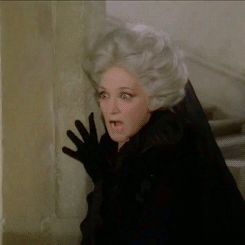Podcast: Play in new window | Download (Duration: 1:50:41 — 112.4MB) | Embed
Subscribe: Spotify | TuneIn | RSS | More
The British bass-baritone Norman Bailey (23 March 1933 – 15 September 2021) was one of the premier Wagner singers of his generation, appearing in his signature roles (Hans Sachs, the Dutchman, and Wotan, among others) at the most prestigious festival and with the most distinguished opera companies around the world. He was also celebrated for his Verdi and Strauss portrayals and was an skillful, intuitive, and communicative recitalist. In this refurbished bonus episode, he is heard in operatic scenes by all three of those composers, and additionally as a big-voiced miniaturist in songs by Peter Warlock, Ralph Vaughan Williams, and Hugo Wolf. “Guest stars” in the operatic excerpts (from Walküre, Macbeth, Holländer, Salome, Falstaff, Die Liebe der Danae, and The Mastersingers of Nuremberg) include Galina Vishnevskaya, Margaret Curphey, Carol Neblett, Arlene Saunders, and Montserrat Caballé, conducted by Otto Klemperer, Julius Rudel, Alexander Gibson, Anton Guadagno, Reginald Goodall, and Charles Mackerras.
Countermelody is a podcast devoted to the glory and the power of the human voice raised in song. Singer and vocal aficionado Daniel Gundlach explores great singers of the past and present focusing in particular on those who are less well-remembered today than they should be. Daniel’s lifetime in music as a professional countertenor, pianist, vocal coach, voice teacher, and journalist yields an exciting array of anecdotes, impressions, and “inside stories.” At Countermelody’s core is the celebration of great singers of all stripes, their instruments, and the connection they make to the words they sing. By clicking on the following link (https://linktr.ee/CountermelodyPodcast) you can find the dedicated Countermelody website which contains additional content including artist photos and episode setlists. The link will also take you to Countermelody’s Patreon page, where you can pledge your monthly or yearly support at whatever level you can afford.



